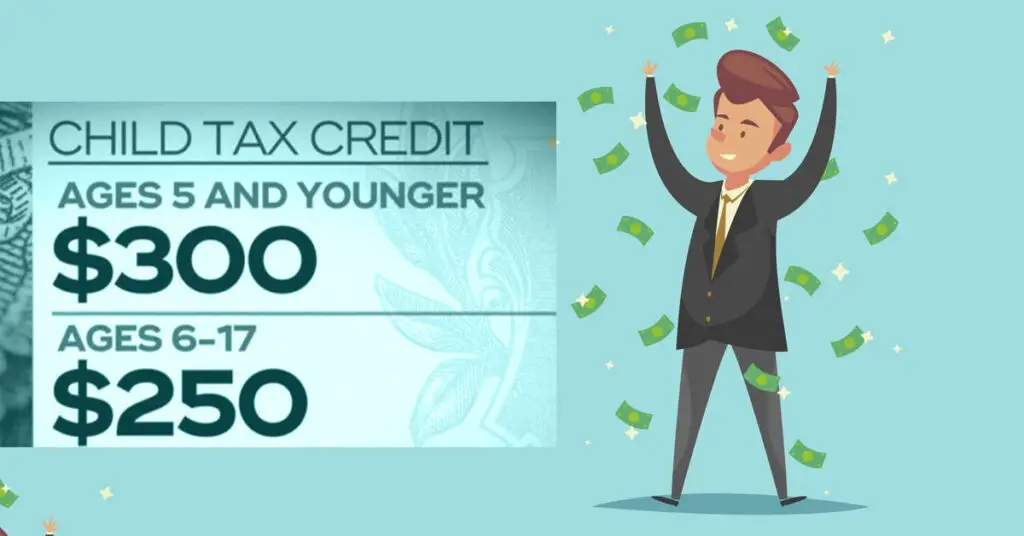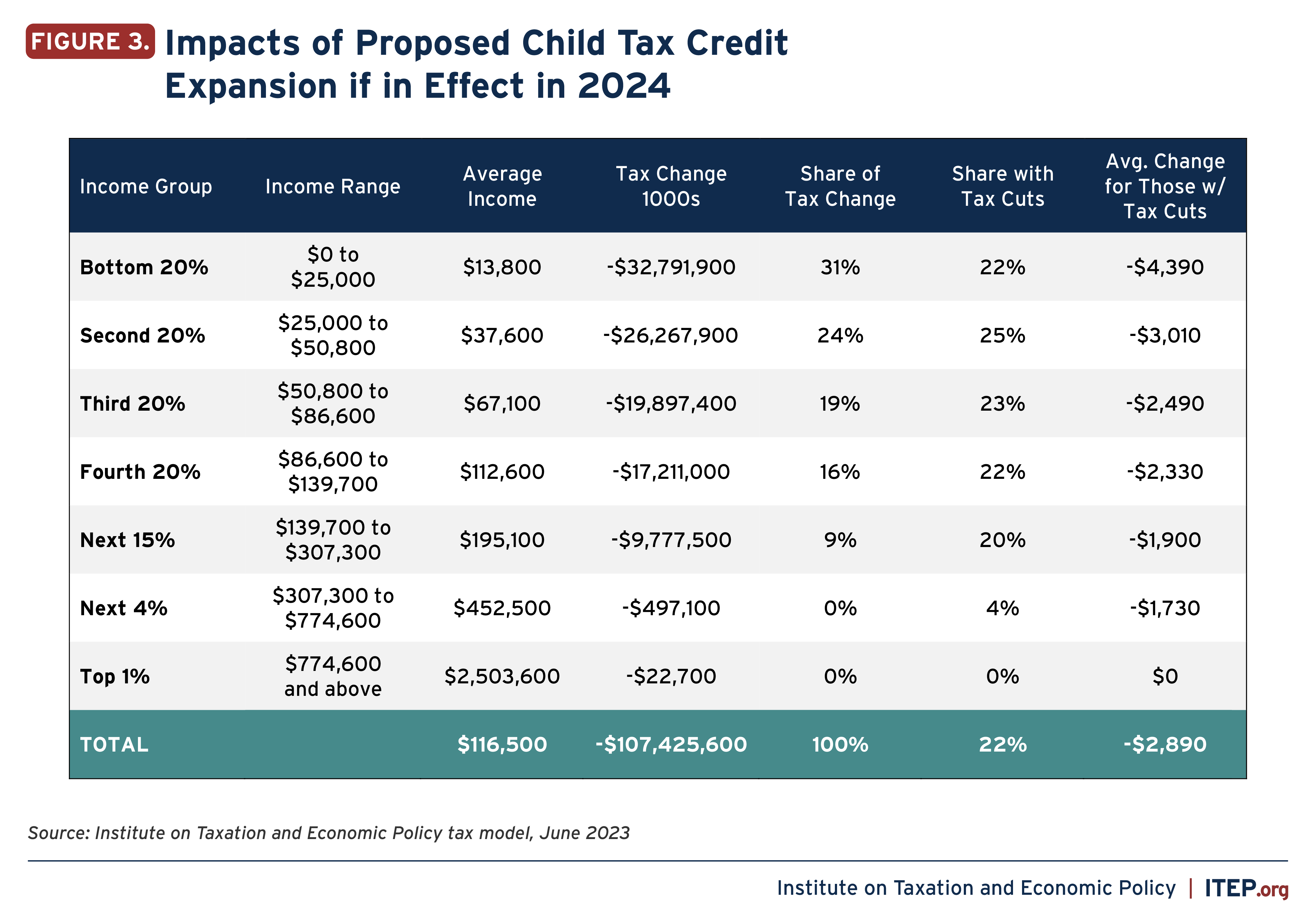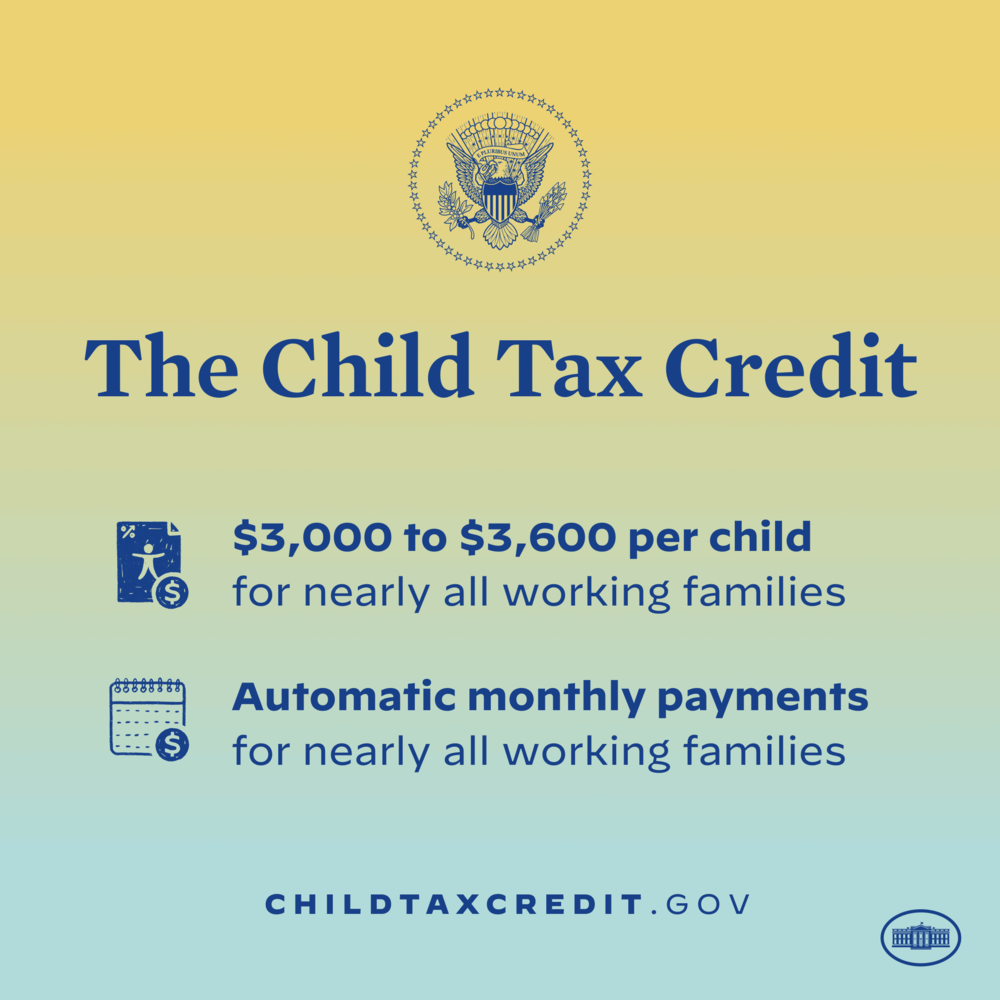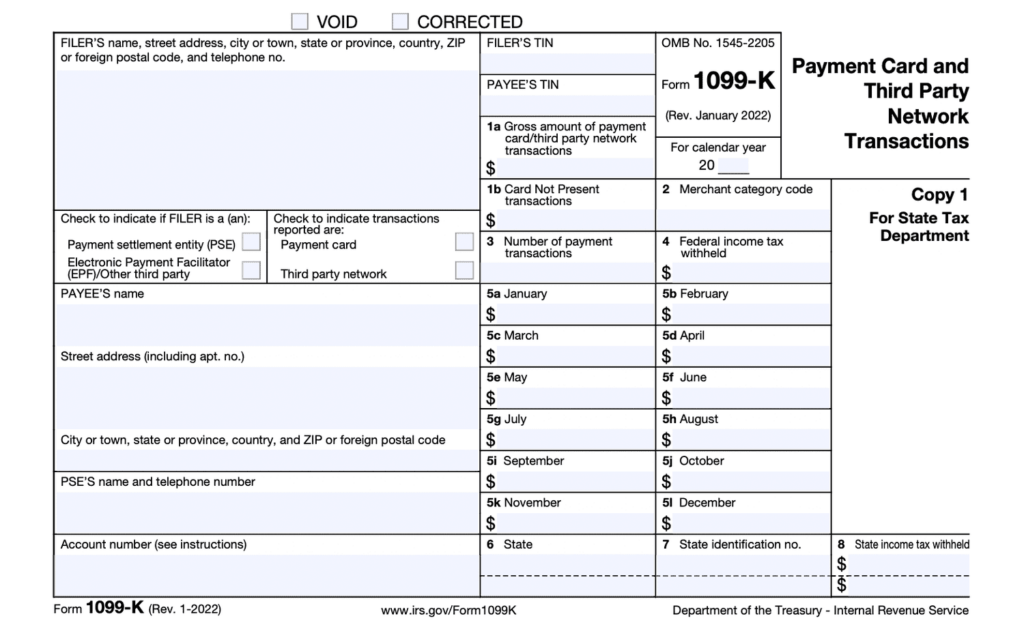
Everything You Need to Know About the $300 Direct Deposit for Child Tax Credit in 2024
Hey there, parents! If you’ve been googling “is the $300 direct deposit for child tax credit 2024”, you’re in the right place. We’ve dug deep to bring you all the details about this exciting update. Grab a coffee, sit back, and get ready to understand how this benefit can help you and your family.

What is the Child Tax Credit?
The Child Tax Credit (CTC) is a tax benefit provided by the U.S. government to help parents with the costs of raising children. For the 2024 tax year, this credit has been a lifesaver for many families, providing crucial financial support. But what’s this buzz about the $300 direct deposit? Let’s break it down!

Monthly Payments: How Much Can You Expect?
For 2024, qualifying families can receive up to $300 per month for each child under the age of 6 and up to $250 per month for each child aged 6 to 17. This means more immediate financial relief rather than waiting until tax season.
Why the Monthly Payments?
The monthly payments aim to provide ongoing support throughout the year, making it easier for families to manage their monthly expenses. No more waiting until you file your taxes to get that CTC refund!

Direct Deposit Details
Direct deposit is the quickest and safest way to get your CTC payment. If you have your banking information on file with the IRS, you’re all set to receive your payments directly into your account every month.
Switching to Direct Deposit
If you’re currently receiving checks and want to switch to direct deposit, you can easily update your information using the Child Tax Credit Update Portal on IRS.gov. Here’s what you need to do:
- Visit the Child Tax Credit Update Portal on IRS.gov.
- Verify your identity with a form of photo identification.
- Update your bank account information, including routing and account numbers, and specify if it’s a checking or savings account.

Who Qualifies for the $300 Monthly Direct Deposit?
Generally, families must have filed a 2019 or 2020 federal income tax return or used the Non-Filers tool on IRS.gov in 2020 to register for an Economic Impact Payment. If you meet these criteria and your income is below certain thresholds, you’re good to go!
Income Limits
The expanded CTC is available to families with a modified adjusted gross income (AGI) of:
- $75,000 or less for single filers
- $112,500 or less for heads of household
- $150,000 or less for married couples filing jointly
Staying Safe from Scams
The IRS has warned about potential scams related to the Child Tax Credit. Always ensure you’re on the official IRS website before entering any personal information. Be wary of unsolicited emails, texts, or phone calls requesting your banking details.
Unenrolling from Monthly Payments
If you prefer to receive your CTC in a lump sum when you file your 2024 tax return, you can opt out of the monthly payments using the Child Tax Credit Update Portal. Some families opt for this if they anticipate changes in their tax situation.
Key Dates to Remember
Monthly payments are scheduled around the 15th of each month. Make sure your information is up-to-date by the beginning of the month to ensure you receive your payment on time!
Final Thoughts
The $300 direct deposit for the Child Tax Credit in 2024 is a fantastic way for families to get financial support throughout the year. Make sure your information is up-to-date and take advantage of the direct deposit feature for quicker, hassle-free payments. For the latest updates, always check the official IRS website.
Have more questions or want to share your experience? Drop a comment below and let’s chat!

Mason Caldwell is a financial expert and writer who specializes in topics related to taxation, personal finance, and economic analysis. With extensive experience in the financial industry, Mason has contributed to numerous financial publications, sharing insights that help individuals and businesses make smarter financial decisions. Known for his ability to simplify complex financial topics, Mason’s articles are both informative and accessible to a wide audience. When he’s not writing, Mason enjoys hiking, reading historical novels, and exploring new technologies in finance.






